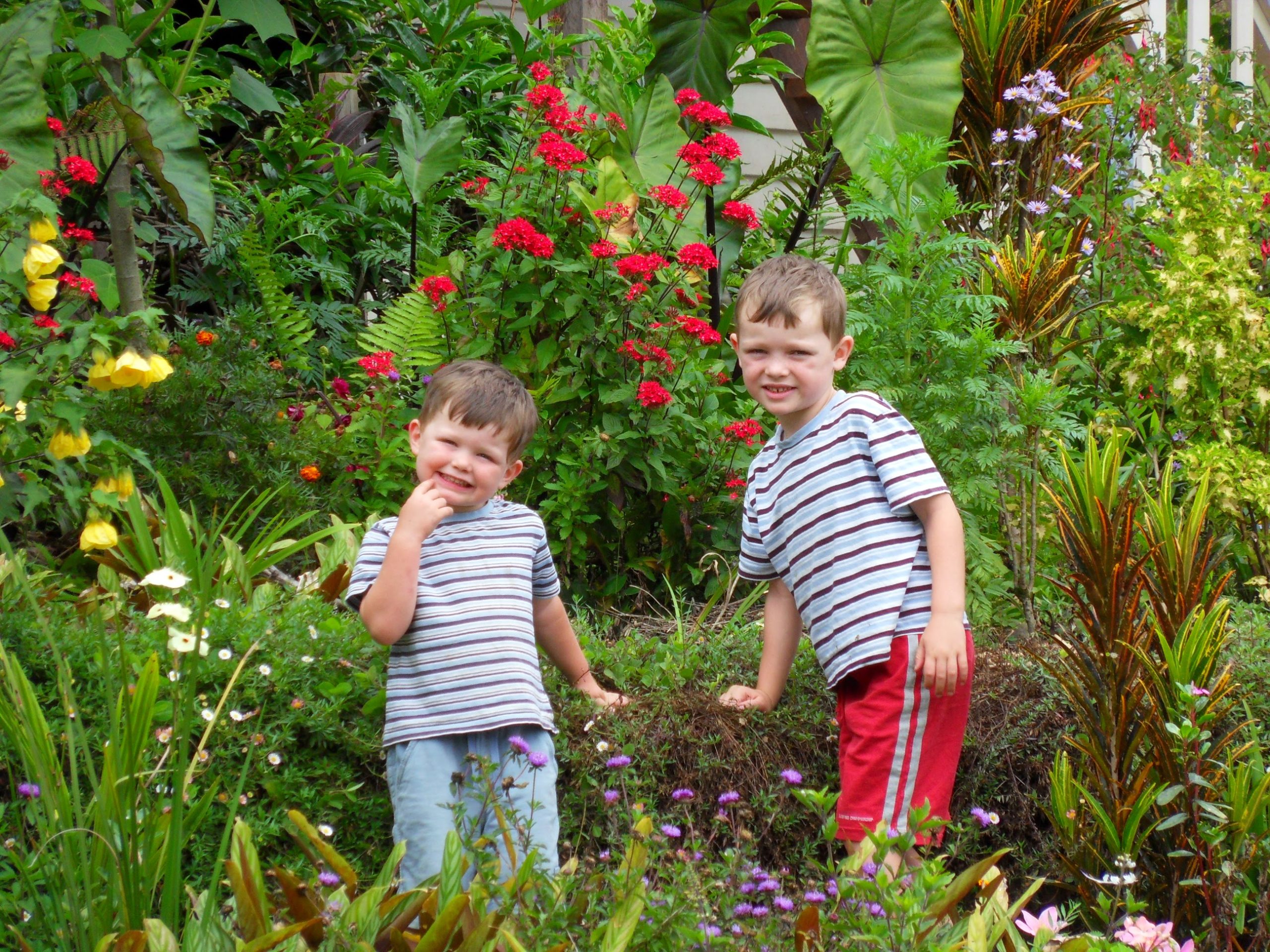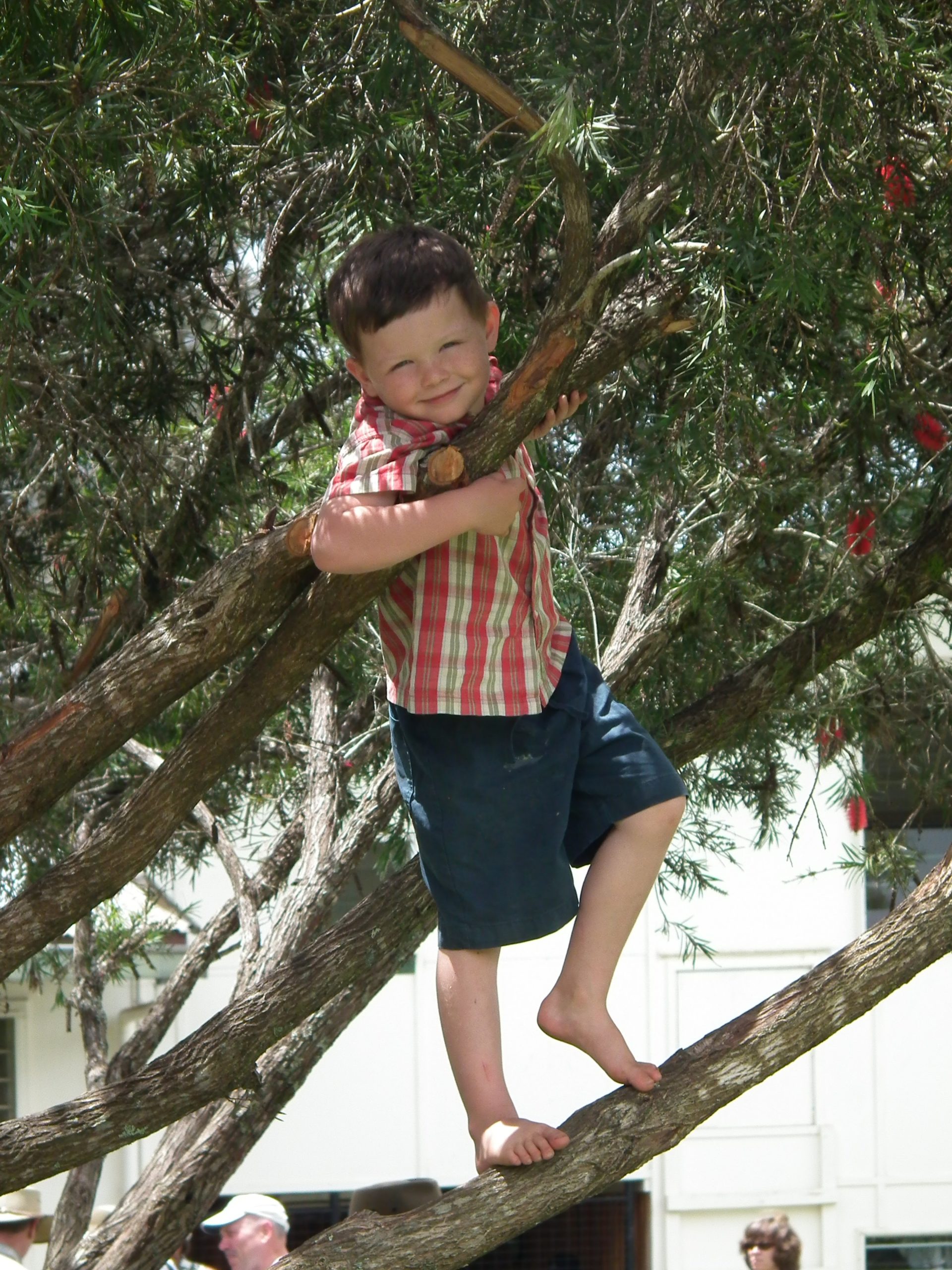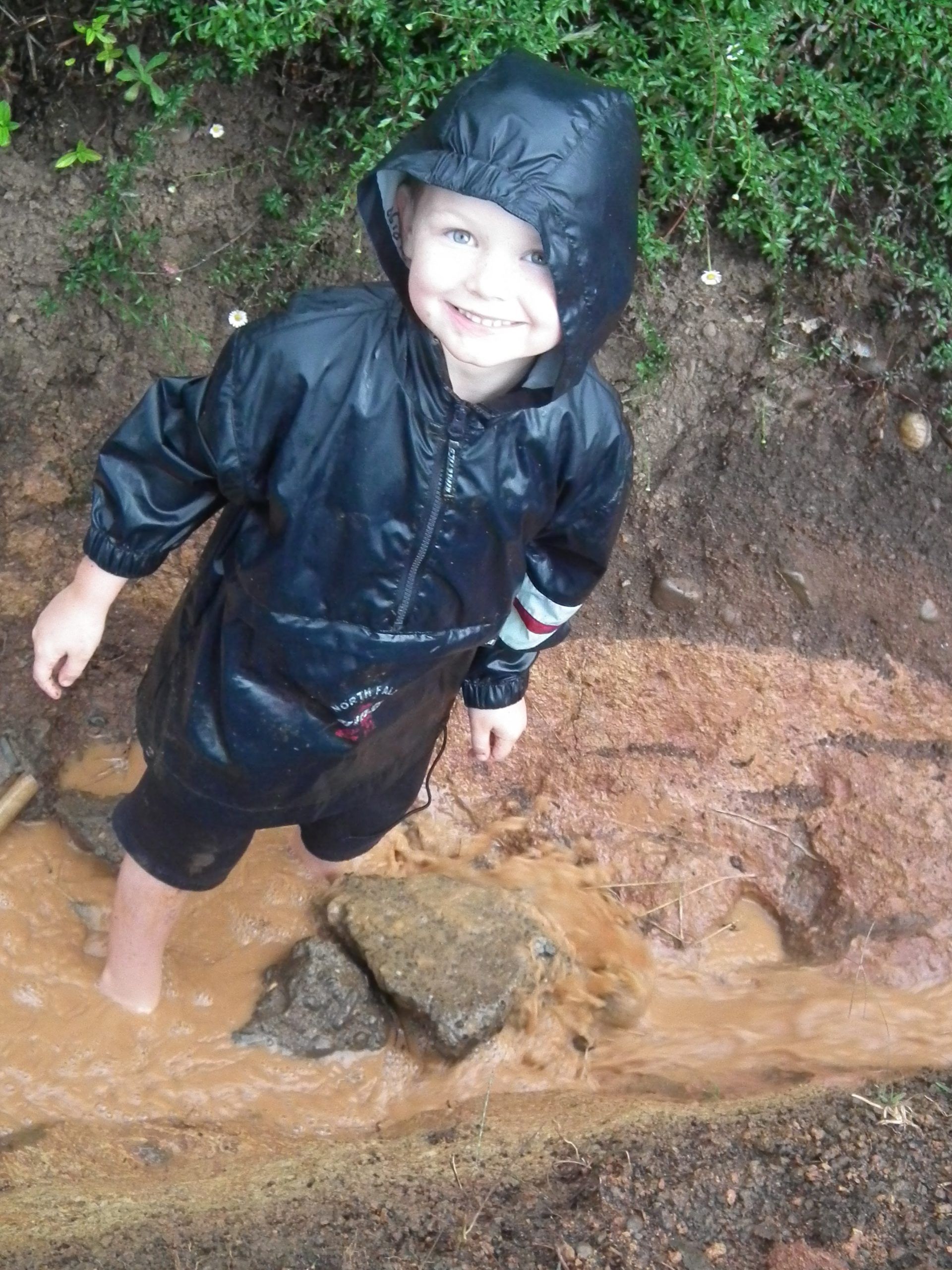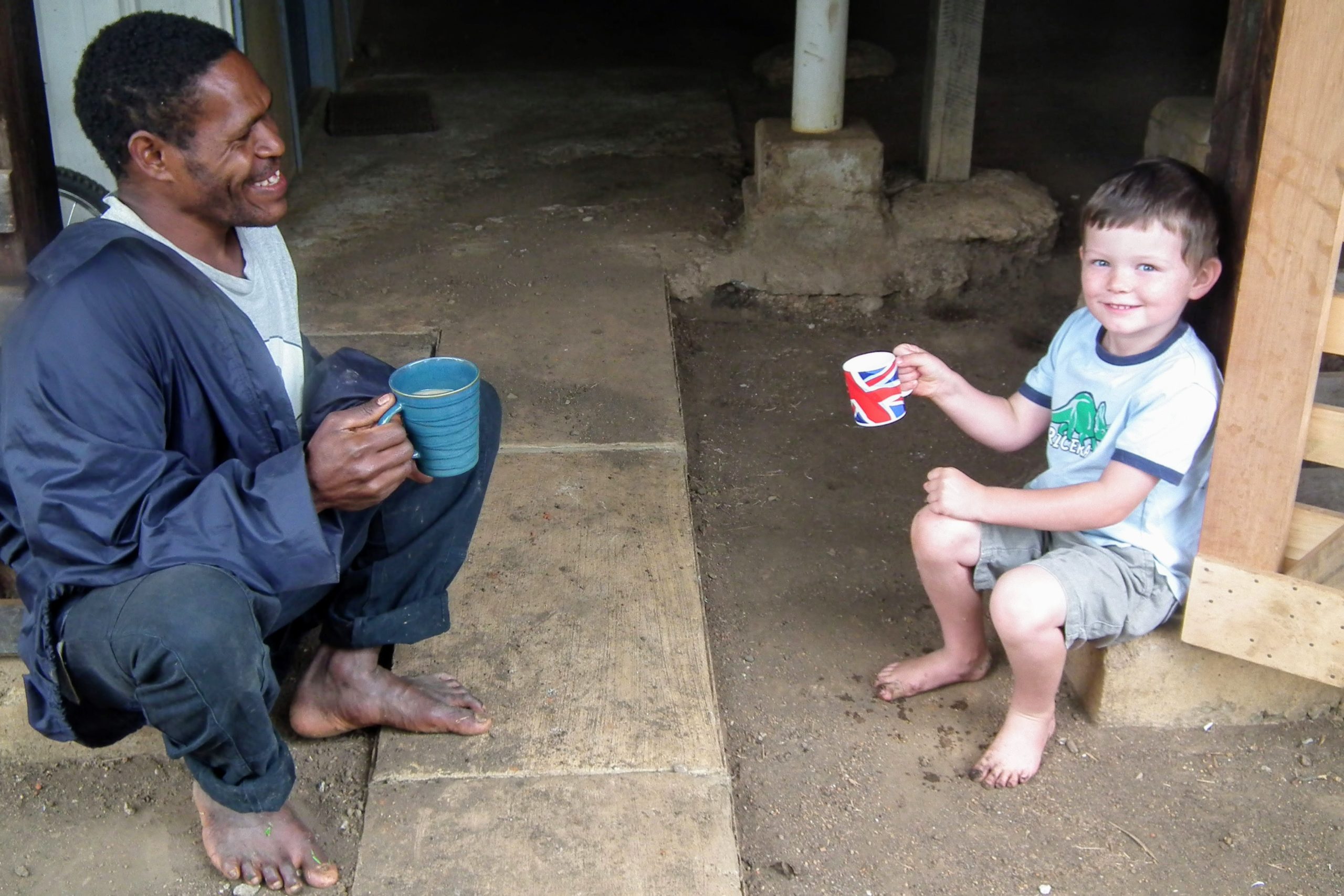When Joshua (now aged 13) was in primary school, his family lived in Ukarumpa, Papua New Guinea (PNG). He shares some memories with us:
On a typical day I’d wake up, eat porridge for breakfast, then I’d walk to school with a friend, Emil, or with my brother and his friend Nikki, who was a neighbour. It was a nice walk to school, not too far, and it was always warm. We didn’t have a uniform – we just wore shorts and t-shirts and sandals. I remember when I started school, being outraged to hear I had to wear shoes!






